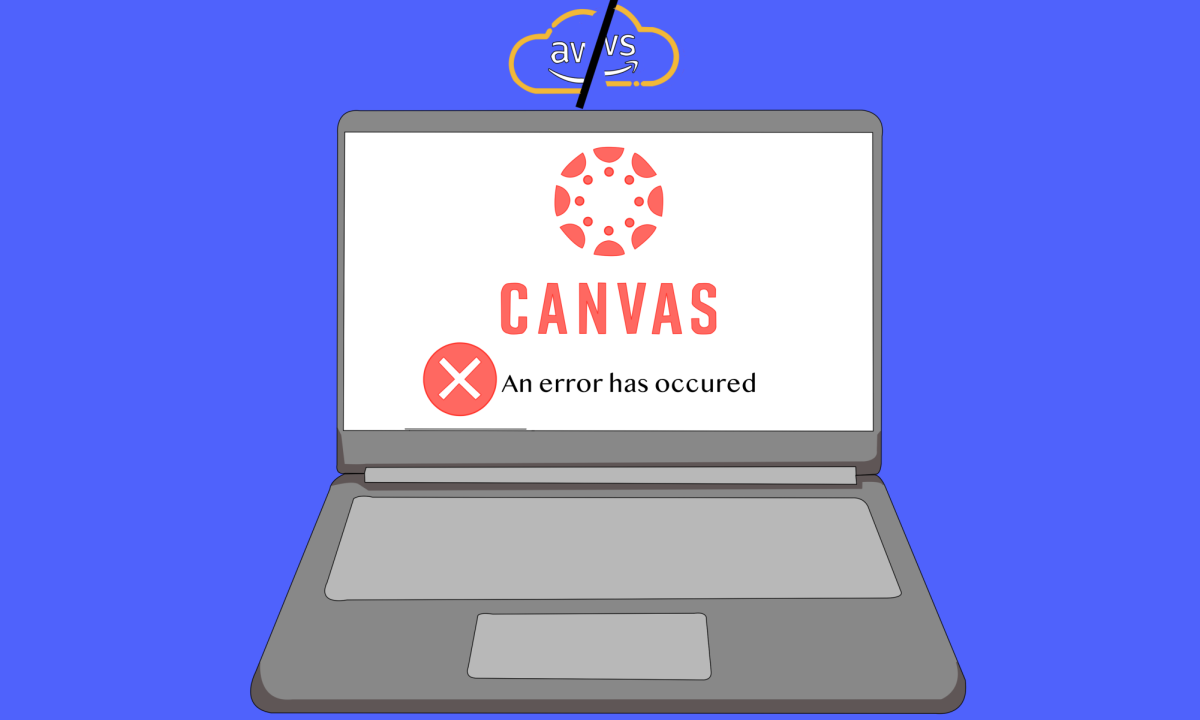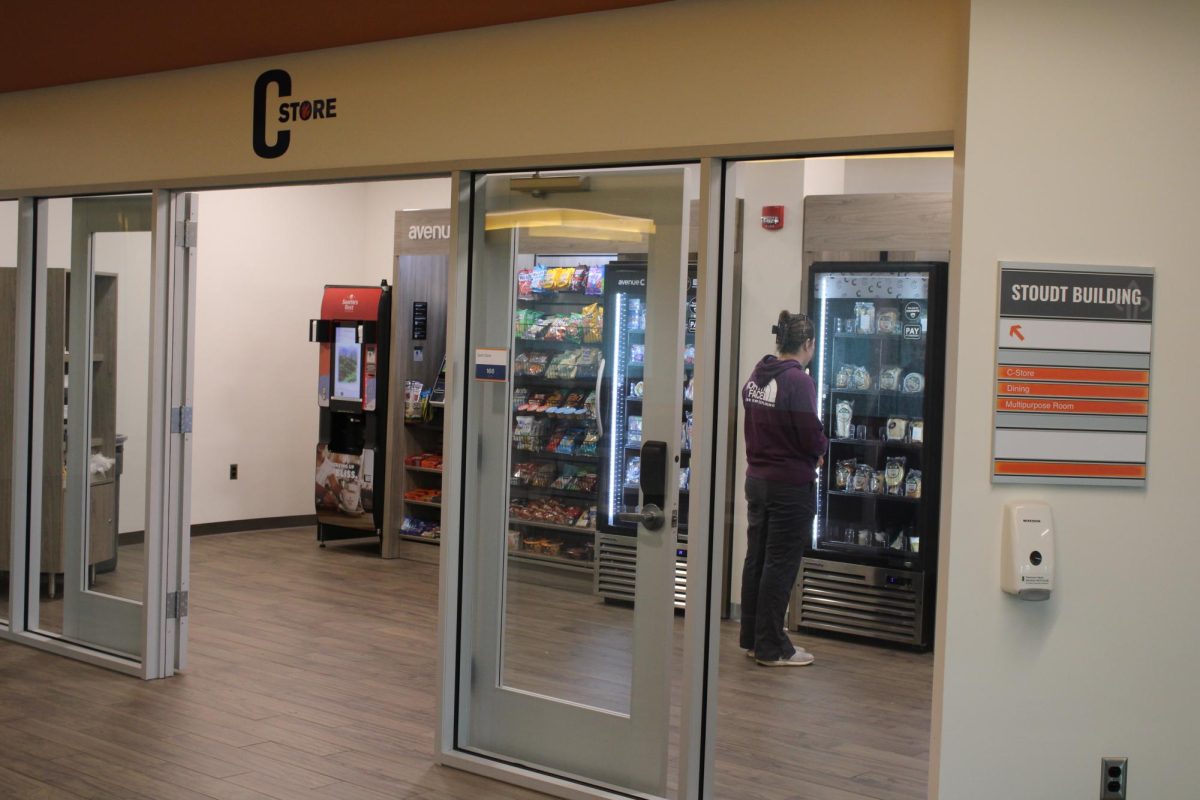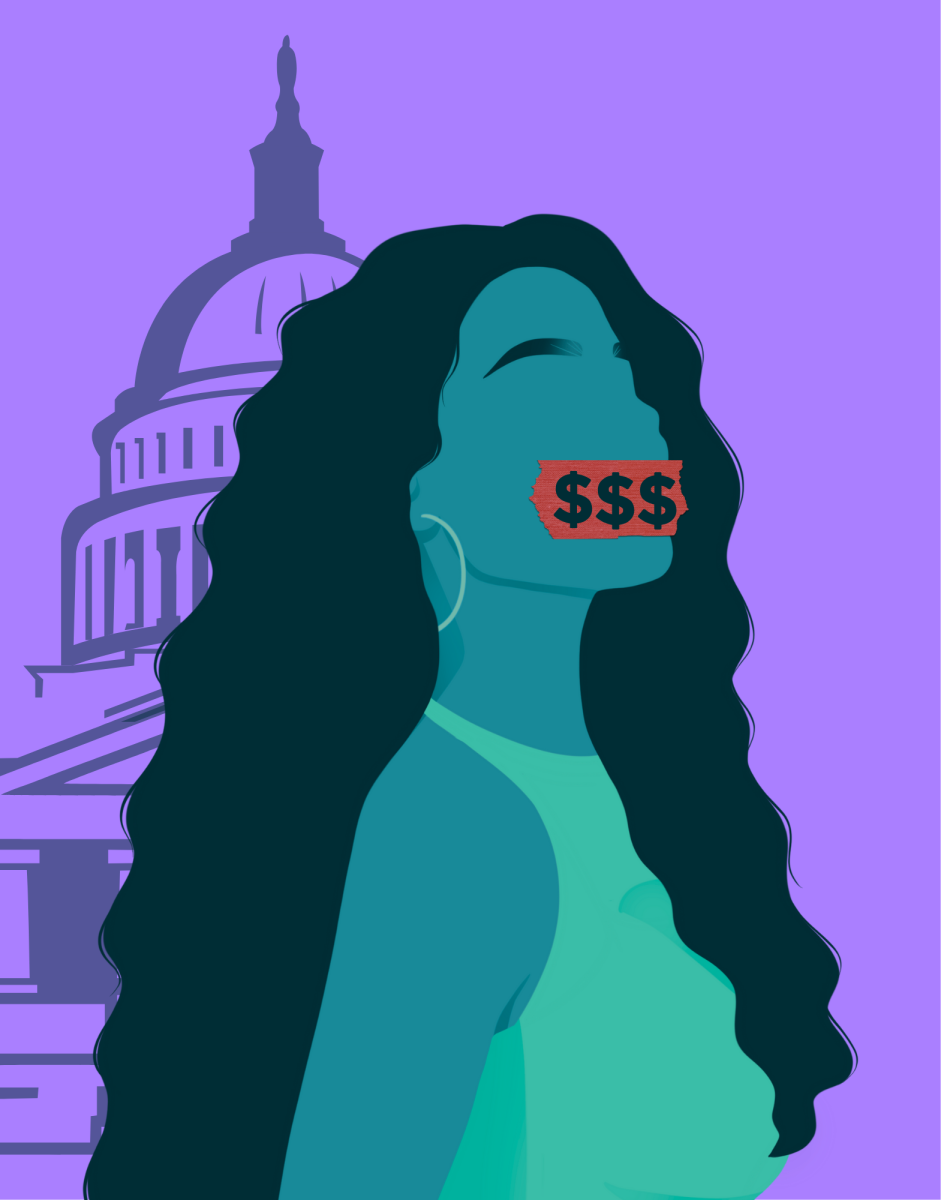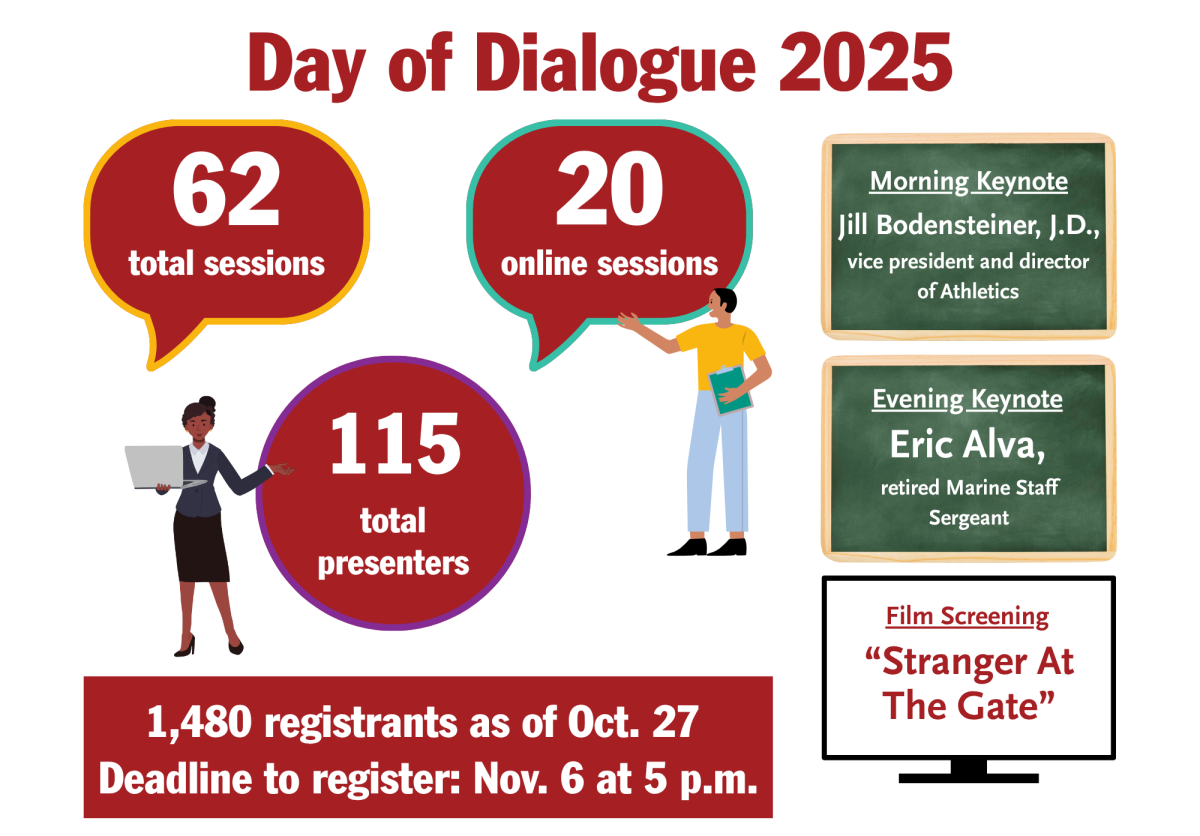The Hawk is introducing Point/Counter Point as a space within The Opinions Section to showcase two different perspectives on various issues. This week, in light of the upcoming election, two students weigh in on the immigration policy in the United States.
Immigration …
..create economic burdens
by Brittany Swift, ’20
As of April 2016, there are approximately 81 million immigrants, both legal and illegal, and their U.S.-born children living in the United States. These immigrants account for 26 percent of the total U.S. population, according to the Migration Policy Institute. While immigration encourages diversity and can result in many economic benefits when done legally, the large number of illegal immigrants in the U.S.—at about 10.9 million people according The Washington Post—causes many economic burdens on both legal immigrants and natural-born citizens that could be avoided with more watchful immigration reforms.
Jason Richwine, Ph. D.,from the Center for Immigration Studies, reports that the average cost for taxpayers of a natural-born citizen household for welfare benefits is $4,431. However, according to Richwine’s article, “…illegal immigrant households cost an average of $5,692.” Richwine also addresses directly afterwards that “illegal immigrants are barred from directly accessing most (though not all) welfare programs, but they can receive welfare through their U.S.-born children.”
Similarly, the Association of Mature American Citizens analyzes the costs for tax consumers. In their study, they found that “in 2010, the average unlawful immigrant household received around $24,721 in government benefits and services while paying some $10,334 in taxes.” They continue to explain how this fiscal deficit must be paid in taxes and comes out to be about $14,387 per household per year. Already this deficit for Americans places a further burden on taxpayers, but acts such as the proposed Amnesty Act only “further encourage illegal immigration.” According to a 2015 report by Steven A. Camarota titled “Welfare Use by Legal and Illegal Immigrant Households,” “Amnesty would increase welfare costs.”
There are many alternatives to the Amnesty Act that would still encourage immigration while ensuring that the costs are kept down for Americans, including immigrants and citizens born in America. Republicanviews.org discusses the Systematic Alien Verification for Entitlements (SAVE program) which, according to their definition, is “an online system designed to help benefit-issuing agencies, institutions, and licensing agencies determine the immigration status of applicant.” Such a program would verify the status of immigrants and ensure that those receiving benefits are of legal status.
Republicanviews.org stresses the importance “in warmly welcoming those who enter the country through legal methods.” By encouraging legal immigration, the economic costs of immigration will be kept down as programs such as SAVE will ensure that only those who pay for welfare benefits and are legally in the country will have access to welfare programs. Not only will citizens benefit from the cost reductions, but government agencies can prioritize welfare programs and even job positions for legal immigrants.
…will make America whole.
By Julian Lutz ’19
Other than Native Americans, all Americans are either descendants of immigrants or are immigrants themselves. Seeing the importance of how our immigrant ancestors shaped America, we understand clearly that the treatment of today’s immigrants will determine America’s direction for generations to come. The American people deserve nuanced and fair laws that adhere to our nation’s ideals and ensure security and prosperity.
First and foremost, America needs to embrace a pathway to citizenship, a plan that would allow undocumented immigrants who have not committed violent crimes to seek legal citizenship. The Democratic Party platform lays out their plan plainly: “More than 11 million people are living in the shadows, without proper documentation…we must fix family backlogs and defend against those who would exclude or eliminate legal immigration avenues and denigrate immigrants.”
To understand this policy, it’s important to clarify a popular misconception—immigrants are not especially violent. Jason Riley of the Conservative Wall Street Journal notes that, in California, “the incarceration rate for foreign-born adults is 297 per 100,000 in the population, compared [with] 813 per 100,000 for U.S.-born adults.” The simple truth is that “illegal” immigrants are eager to become legal so that they can work hard, be safe and free, and support their families. It’s the same American Dream that draws all immigrants to America, including many of our ancestors.
Expanding visa programs and recertification, funding the immigration court system, and providing a pathway to citizenship to immigrants who pay taxes, respect the law, or have served our nation’s armed forces will infuse America with millions of hardworking families. The often-failed DREAM Act would achieve the last of these goals and provides a good inspiration. The Economic Policy Institute argues that granting citizenship not only increases the earning potential of immigrant families themselves, but also affects the economy as a whole: “Their resulting productivity and wage gains ripple through the economy because immigrants are not just workers—they are also consumers and taxpayers.” In this way, immigration can benefit our economy.
Fair and free immigration policy does not have to privilege either immigrants or native-born citizens. Mass deportation and wall-building would be a waste of time and money, and would cost the economy dearly. Worse, such policies would deny millions of hardworking, law-abiding Americans their chance at the American Dream.
Meanwhile, those who think a lack of deportation is the problem need to check the facts. The New York Daily News from Sept. 1 notes that President Obama has actually deported more illegal immigrants than any other president. In planning America’s future, brutalizing law-abiding immigrants won’t make America any more secure. Welcoming them will make us whole.


















































